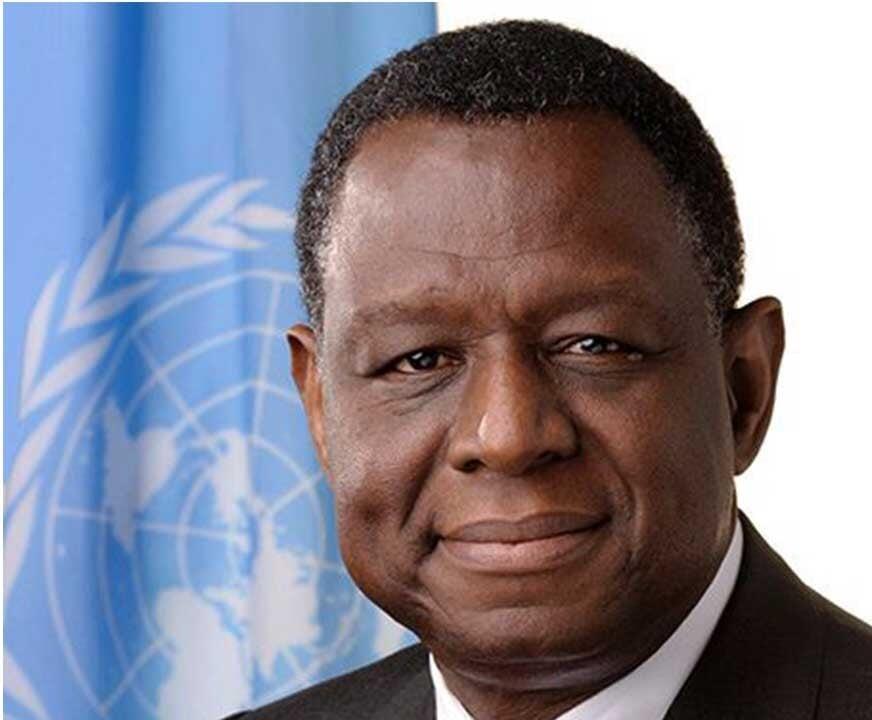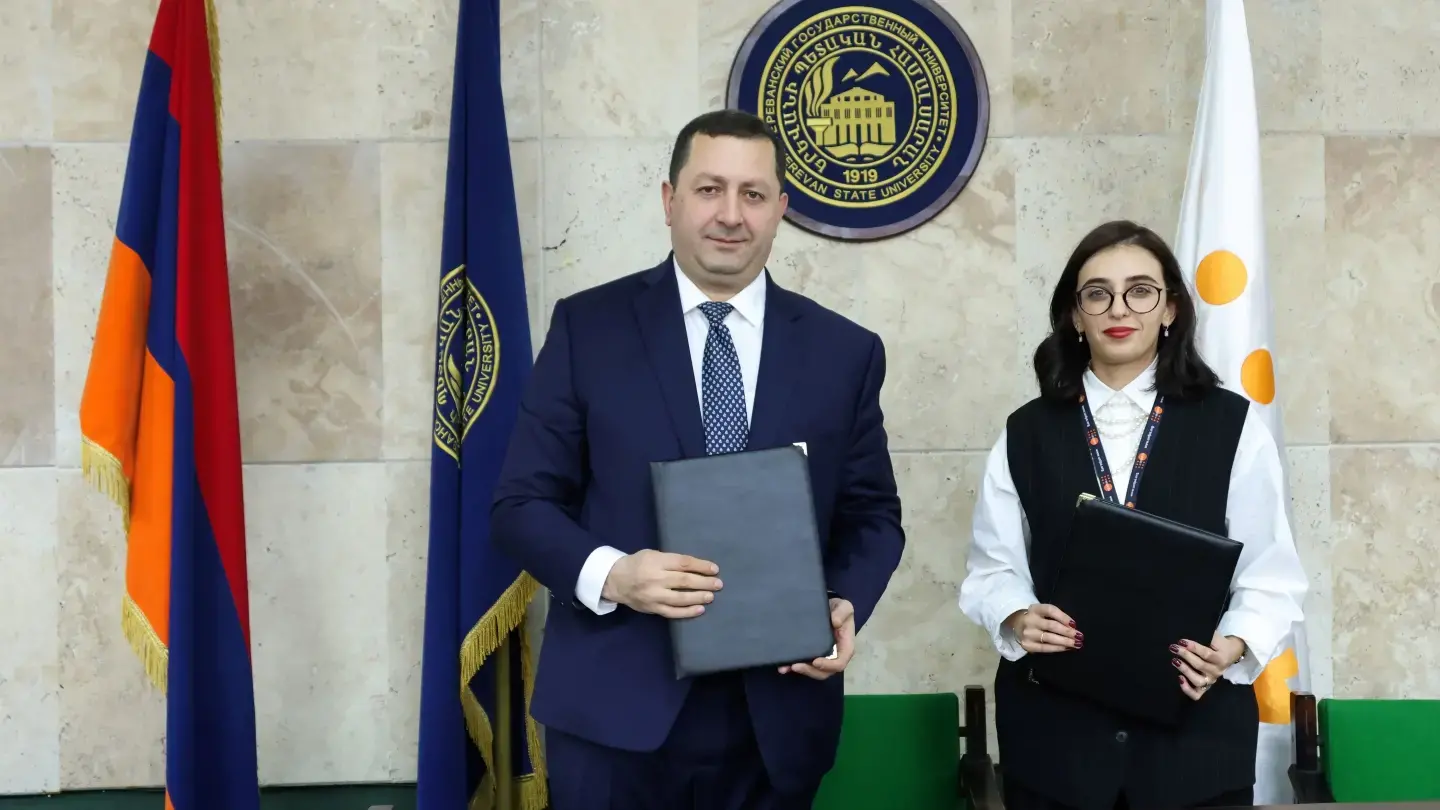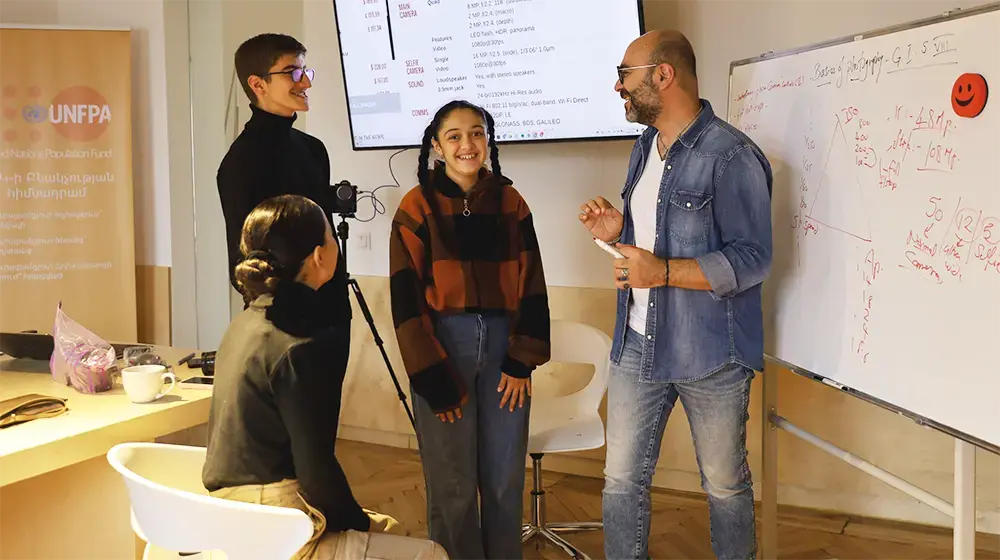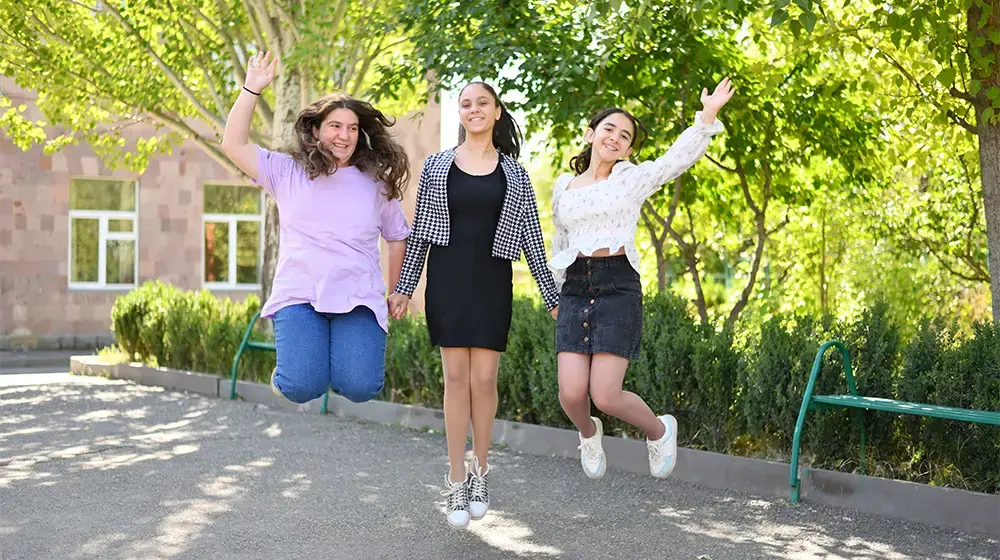Young People and the Road to 2030
12 August 2016
Statement of the UNFPA Executive Director, Dr. Babatunde Osotimehin, for International Youth Day
UNFPA, the United Nations Population Fund, celebrates International Youth Day by reaffirming and recognizing the central role of young people in promoting the well-being of their families, communities and nations. This year’s theme, “The Road to 2030: Eradicating Poverty and Achieving Sustainable Production and Consumption,” couldn’t be more relevant and timely.
More than 500 million youth worldwide live in poverty, and often cannot afford their basic needs. They lack access to vital resources, and are disproportionately represented amongst the world’s poor. They have the most to gain if we succeed in eradicating poverty, and will have the most to lose if we fail. The good news is that young people are not the problem, as is often thought, but, in fact, they are the solution.
Last year, the United Nations adopted the 2030 Agenda for Sustainable Development, which requires us to balance the needs of present and future generations, create economic growth without destroying natural resources and reduce consumption while enforcing well-being and dignity.
To achieve these goals, a fundamental shift is needed. We must make decisions on the allocation of resources while keeping the interests of future generations in mind. We must make investments in social sectors that improve the resilience of individuals and communities. And we must place the fulfilment of human rights at the centre of development.
Globally, large youth populations represent a historic opportunity to introduce progress and adopt innovative solutions to ignite this change. Essential to this is the realization of young people’s rights to participate in the political, economic and social life of their communities and countries, and to freely make informed choices regarding their bodies, sexuality and reproduction without discrimination, violence or coercion.
To empower young people means giving them the tools to become even more influential, productive actors in their societies. In order to achieve this, countries need to end all forms of discrimination faced by young people, particularly adolescent girls, such as forced and child marriage and sexual violence, which can result in unintended pregnancies, unsafe abortions and HIV infections, and risk derailing their future.
Central to these efforts must be the promotion of access to education, health services, including sexual and reproductive health and family planning. These combined interventions are critical in order to break the intergenerational cycle of poverty, strengthen the resilience of populations in the face of all challenges and seize the opportunities of the new economy.
Young people are already driving innovations in science and technology, making conscious choices that are drastically influencing patterns of consumption and production, and mobilizing to make companies, organizations and governments more socially and environmentally responsible. Where they can get information, technology, financing, mentorship, and platforms for collaboration, young innovators are able to turn their ideas into transformative solutions.
UNFPA is proud to partner with young people in more than 150 countries and territories around the world to promote their participation and leadership, enabling them to overcome barriers, spearhead innovations and unleash their full potential.
UNFPA calls on governments, development partners and other influencers to enact policies that promote young people’s development and human rights, and to measure progress across the Sustainable Development Goals that relate to adolescents and youth. Young people must be engaged as partners in achieving these goals, as they are the generation that will inherit our planet.
An adolescent girl who is 10 years old today will be an adult of 24 in 2030, the target year for achieving the Sustainable Development Goals. We must ensure that her path through adolescence and youth leads to a brighter future for herself, her community and the world – that is paved with rights upheld, opportunities realized and promises fulfilled.
***





